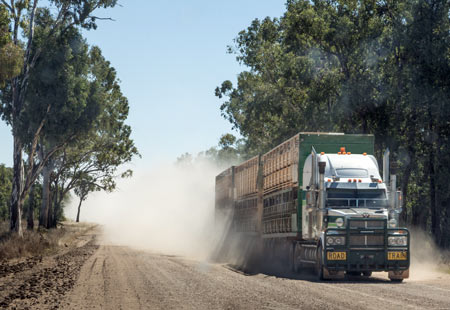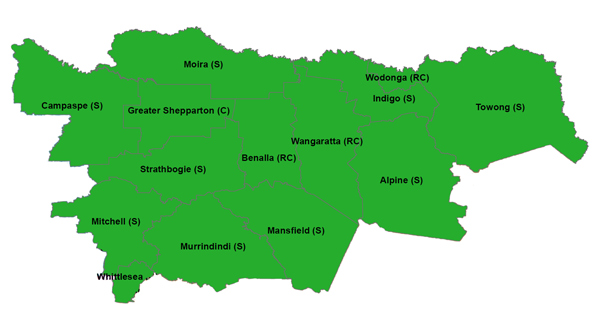
Australian horticulture growers will be able to secure fairer returns on their produce thanks to the Coalition Government's new and improved Horticulture Code of Conduct, which will provide a stronger framework to support dispute resolution between growers and traders.
Deputy Prime Minister and Minister for Agriculture and Water Resources, Barnaby Joyce, Minister for Small Business, Michael McCormack and Assistant Minister for Agriculture and Water Resources, Senator Anne Ruston, said the
new mandatory Code would come into effect on 1 April 2017 and addressed a range of concerns and opportunities flagged through the recent independent review.
"Horticulture is our third largest agriculture industry worth over $9 billion to the Australian economy, employing around 67,000 people and the Coalition Government believes it is important that we do not restrict the sector's ability to thrive," Minister Joyce said.
"Recently this government called for a review of the Horticulture Code of Conduct because concerns were raised about the inefficiencies of the current code, with many growers and traders simply ignoring it.
"The recommendations received through the review, which included wide consultation with industry, traders, growers and the ACCC, led to the development of this new code.
"From 1 April growers and traders will be required to have a fair, binding horticulture produce agreement in place. Those operating under a pre-code contract or a horticulture produce agreement will have 12 months to transition to the new code however, by 1 April 2018, all agreements must comply with the new Code of Conduct."
Assistant Minister for Agriculture and Water Resources, Senator Anne Ruston, said the implementation of the new code was a great outcome for an industry that is going from strength to strength.
"Through the improved Horticulture Code of Conduct, unnecessary regulations have been removed and we have introduced greater flexibility for growers and traders, including in price determination and the ability to pool produce," Minister Ruston said.
"The ACCC will be given greater powers to rapidly respond to breaches of the Code and it also includes an obligation to deal in good faith, which will support a more positive business relationship between growers and traders through soft mediation and avoid ending up in a legal environment."
Minister for Small Business, Michael McCormack who is responsible for consumer affairs and industry codes, said the new code will bring clarity to the industry.
"The new Horticulture Code strikes the right balance and will provide a fair framework for business between growers and traders in Australia's fresh fruit and vegetables industry," Minister McCormack said.
"It will mean growers receive timely and fair returns for their produce, as well as confidence for those who work in the industry around rural and regional Australia."
"The Government consulted widely with the industry and other stakeholders to achieve an outcome which reduces red tape, and enables growers, producers and traders to do what they do best – which is the cornerstone of our approach in Government."
For more information visit www.agriculture.gov.au/horticulturecode .
Fast facts
- The Australian horticulture industry supports more than 60,000 jobs across the nation and significantly contributes to Australia's $54.4 billion agriculture industry.
- 85 per cent of Australia's horticulture products are sold into the domestic market.
- The Horticulture Code is a mandatory industry code under section 51AE of the Competition and Consumer Act 2010 and is enforced by the Australian Competition and Consumer Commission (ACCC).
- The Code was first put in place in 2006 to ensure business between growers and traders was conducted fairly and to provide clarity and transparency of transactions.
- The independent review of the Horticulture Code of Conduct was commissioned by the Australian Government and undertaken by Mr Mark Napper and Mr Alan Wein.
- Industry, traders, growers and the ACCC were involved in consultations as part of the review.
- The review made a range of findings that informed various recommendations provided to the government for consideration.
- Growers and traders currently operating under a pre-code contract or a horticulture produce agreement have a 12 month transition period to update their contracts to meet the new requirements.
- From 1 April 2018, all agreements must comply with the new code.











